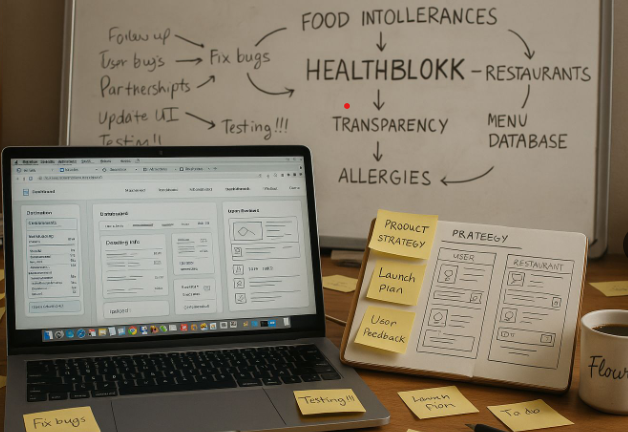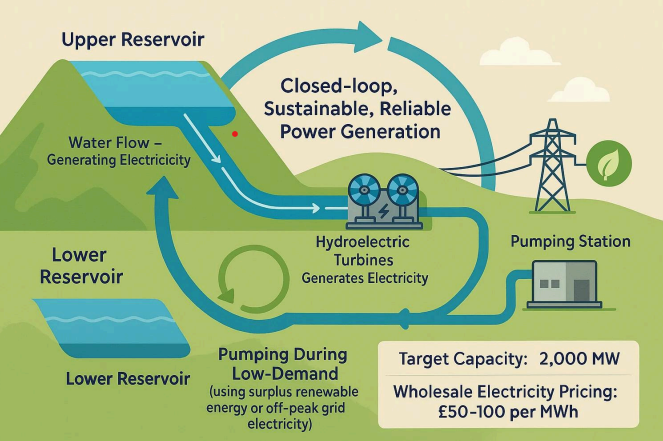From the Sidelines to the Spotlight: How PLYAZ Is Changing the Game for Rising Athletes

What happens when incredible sporting talent goes unnoticed? That’s the problem Ian Silva, a business student at Arden, is tackling. With support from the Arden Enterprise Incubator, Ian is building a bold new platform that turns the traditional sports talent model upside down
The Problem: A Broken Discovery System
In today’s global sports market, millions of gifted athletes stay invisible. A handful of scouts, agents, and major clubs control who gets noticed and who gets left behind. Meanwhile, fans are stuck on the sidelines, with no meaningful way to support the stars they believe in.
PLYAZ is here to change that.
The Solution: Democratise Talent Discovery
PLYAZ is building a digital platform where fans become scouts. Users can browse athlete profiles, watch performance highlights, and directly support the players they believe in. Whether it’s a footballer in Brazil, or a boxer in Birmingham, PLYAZ lets supporters back talent early and be part of their sports career journey.
And for athletes? The platform offers exposure and access to professional opportunities that would otherwise be out of reach.
What makes PLYAZ stand out is its ecosystem approach. Ian sees a future where users can build athlete “portfolios,” compete in fantasy leagues based on real-world performance, and earn rewards as the athletes they support succeed. PLYAZ aims to deliver a unique combination of fan engagement, talent discovery, and real-world impact.
Where AEI Comes In
Ian joined the Arden Enterprise Incubator earlier this year to sharpen his go-to-market strategy, get investor-ready, and make connections with people in the the startup and sports worlds. We’ve been working with him on refining the PLYAZ story, tightening the investment case, and mapping the right path to onboarding athletes and scouts.
PLYAZ is still early-stage, but it’s got ingredients for becoming a standout venture. Arden Enterprise Incubator is pleased to be part of its journey.
Want to Get Involved? Whether you’re an athlete looking for visibility, a fan who wants to support future stars, or someone interested in the next wave of sports tech, keep an eye on PLYAZ.
Learn more at https://plyaz.co.uk
Contact Ian: iansilva@plyaz.co.uk
Want to know more about the Arden Enterprise Incubator? Come to our next Founder Friday or contact me directly bmcclure@arden.ac.uk





